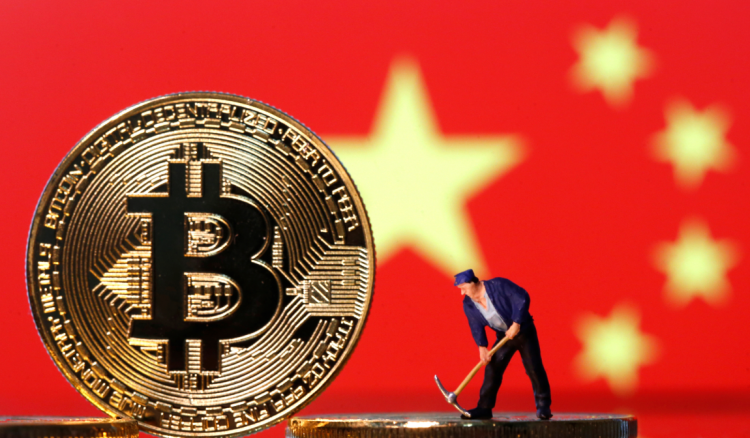The National Development and Reform Commission (DNRC) of China proposed that the nation needs to remove Bitcoin mining from its financial sector. There are 450 candidate industries in line for the termination in China.
The commission recently issued the Catalog for Guiding Industry Restructuring which is a document that listed industries that it considered as waste or benefit to the state. It proposes plans on how to either encourage or eliminate industry development. The commission will eliminate industries that they see as inefficient, wasteful, or environmentally hazardous.
Bitcoin mining has environmental issues specifically on its energy consumption. Cryptocurrency mining consumes more energy every year than over a hundred nations do at the same time. The efficiency of the industry is still debatable. The industry raised environmental concerns because of its enormous energy requirement in its operations. In 2018 Nature, the scientific journal said that mining might increase global warming by 2°C.
Nature's claims, however, are questioned by other publications. The sources and methods of Nature's study are criticized. Bitcoin mining operators started seeking for alternative renewable sources of energy for their operations.
There were no specific dates given on when will the government initiate the ban on Bitcoin mining. The DNRC said that the government ought to eliminate the industry operations as soon as possible. Chinese Bitcoin operators handle about a quarter of all computational power of the industry and it is one of the largest mining networks in the world. The industry will expect a major financial hit is China will enforce the ban on Bitcoin.
Many companies in China relied on cryptocurrencies for their growth. Companies including those in the manufacture and distribution of equipment used for mining are at risk of closure as soon as the ban is imposed.
The Chinese government has no obligation to accept or enforce the Catalog for Guiding Industry Restructuring proposed by the DNRC. The document only serves as guidelines for the industries in their operations. The list is still subject to change before it was forwarded to the enforcing body. The proposal will undergo scrutiny from the public after May 7. The survival of the mining industry depends on the outcome of public criticisms and feedback.
In 2017, China banned Initial Coin Offering as they protect the investors from fraud risks. The Chinese government believes that cryptocurrency and Bitcoin will contribute greatly to the economy if it is properly regulated by the government.





